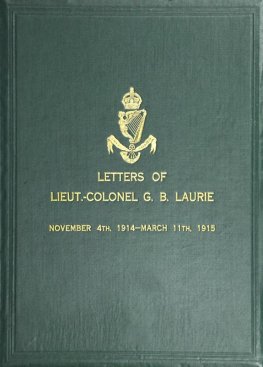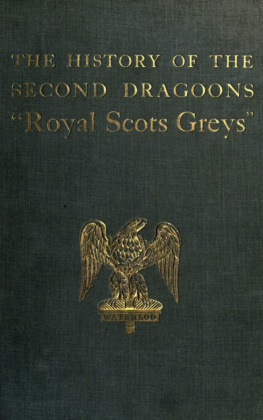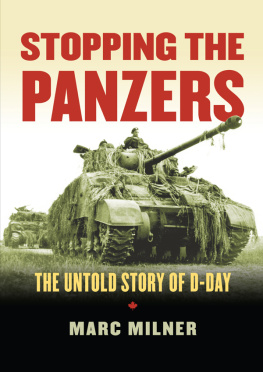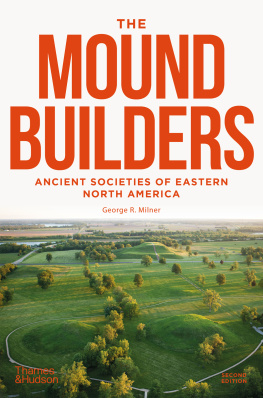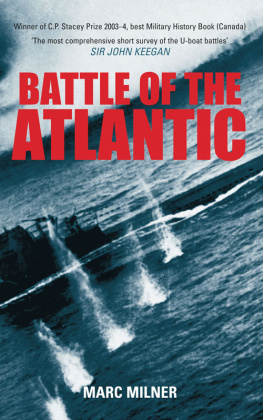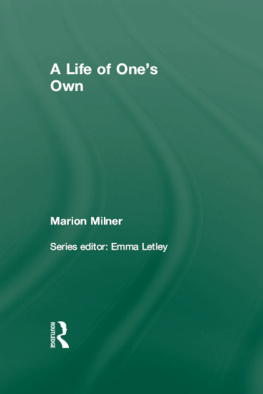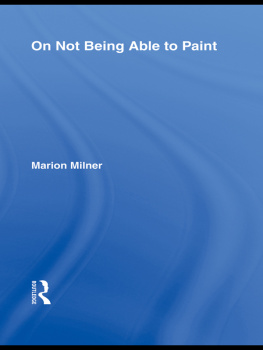ROYAL SCOTS IN THE GULF
ROYAL SCOTS
IN THE GULF
1st Battalion The Royal Scots
(The Royal Regiment)
on Operation GRANBY 19901991
by
LAURIE MILNER
with a Foreword by
General Sir Peter de la Billire
KCB KBE DSO MC
First published in Great Britain in 1994 by
LEO COOPER
190 Shaftesbury Avenue, London, WC2H 8JL
an imprint of
Pen & Sword Books Ltd
47 Church Street, Barnsley, South Yorkshire, S70 2AS
Copyright 1994 by Laurie Milner
ISBN 0 85052 273 0
A CIP catalogue record for this book is available
from the British Library
Typeset in Garamond by
CentraCet Limited, Cambridge
Printed By
Redwood Books
Trowbridge, Wilts.
CONTENTS
by General Sir Peter de la Billire
KCB KBE DSO MC
After every conflict there follows an attempt to put it into historical perspective and to provide an historical record. We have had the photographic essays, and the journalists accounts of the Gulf War. We have also had personal accounts written by senior commanders, my own included.
Now here is a history of The Royal Scots, one of the units which took part in the ground war. But this is not just a military history, it is the story of the individuals who make up a fighting battalion of infantry. From the Commanding Officer, an experienced soldier who stamped his personality on every aspect of the battalions work, through the Company Commanders and their young Platoon Commanders, some not long out of Sandhurst, to the private soldiers, some of whom were decorated for assuming responsibility way beyond their age, rank and experience.
In the preface to my own account I wrote: My primary aim in writing this book is to demonstrate the importance of individual human beings in modern warfare. In the battle to drive the Iraqi army out of Kuwait, Coalition forces usedevery form of high-technology weapon available; yet in the end success depended on the performance of individuals, whether they were pilots, divers, tank drivers, mechanics, engineers, cooks, radio operators, infantrymen, nurses or officers of all ranks. It was these ordinary people who, at the end of the day were going to put their lives on the line and risk their necks when their Government decided to go to war.
This is the story of some of the individuals I was proud to have under my command.
I owe a great debt of thanks to Iain Johnstone for his support and hospitality especially in the early stages of my research, and to his successor Bill Sylvester for allowing me to visit the Battalion during a busy period when they were training for a tour in South Armagh. In addition to the Royal Scots with whom I recorded interviews, I would like to thank Alex Alderson, Andrew Burnett, Rob Dickson, David Jack, George Lowder, Andy MacDowall, Mick Low, Tony Restall, Norman Soutar, Steve Telfer, Charlie Wallace and Mike Onslow for their help, hospitality and friendship during my visits to Werl and Inverness and during my subsequent research.
I would like to thank my colleagues at the Imperial War Museum: Peter Simkins, Mark Seaman, Neil Young, Catherine Moriarty, Terry Charman, Margaret Brooks, Ron Brooker, Derek Needham, Peter Cracknell, Dave Curtis and Brad King, for their help and tolerance. I would like to thank John Harding of the Army Historical Branch for his support and advice, and Nicholas Benson, author of Rats Tales, the history of the Staffordshire Regiment in the Gulf.
On the publishing side, thanks are due to Sir Nicholas Hewitt, Leo Cooper and Tom Hartman for providing the wherewithal to produce this book, and to Toby Buchan and John Bayne for their support, especially in the early stages of this project. Thanks also to Mike Moore, formerly of Today, now with the Daily Mirror, for permission to use some of the photographs he took of the Royal Scots when he accompanied them into action.
Last but not least, I would like to thank my wife Sue for her forbearance.
When writing history within living memory it is essential not only to strive for objectivity but also to satisfy the participants, many of whom inevitably have a partial and therefore subjective view of events.
Because the official papers relating to this conflict are subject to the Official Secrets Act and are therefore closed for at least 30 years, it has been necessary to rely on the official despatch published in the London Gazette, which is, not surprisingly, a very broad overview, supplemented by the recently published memoirs of Generals Schwarzkopf and de la Billire, and the recent historical appraisals published by HMSO, Greenhill Books, Arms and Armour Press and Faber and Faber.
But it is the summaries, prepared for internal use within the Battalion and for lectures, and the private diaries and recollections of the individual soldiers of all ranks who served with the Royal Scots in the Gulf which provide the flesh for my historical skeleton. Because I was able to meet and interview so many participants and record their eyewitness accounts, I have made extensive use of direct quotes from their reminiscences. These, I feel, give an insight into the unique atmosphere of a Scottish battalion at war which my words alone could not provide. But, of course, I take full responsibility for any errors of fact or interpretation, and it should be noted that the opinions expressed in this book are those of the individuals concerned and do not necessarily reflect Ministry of Defence policy.
At an early stage in my research for this book, Iain Johnstone, who commanded the Royal Scots in the Gulf, drew my attention to a remark made, during a post-war conference on Operation GRANBY, by General Rupert Smith, Commander of the British 1st Armoured Division: I am becoming less certain exactly when I knew what I now know.
This is a very important point for every historian to bear in mind, especially when heavily reliant on soldiers reminiscences. But it is also important for the reader to bear in mind that we all now know that the Iraqis will to fight was drastically diminished by the Coalitions air attacks and rocket artillery. However, for the men who took part in the ground war, going through the breach into Iraq, and each objective they took, was very much a step into the unknown. For all they knew they could have met heavy resistance, with a formidable array of weapons and firepower, at any time. Certainly they expected to take casualties, not least because of the Nuclear, Biological and Chemical (NBC) threat.
I hope then that this book is historically accurate, but also an acceptable record within the closely-knit ranks of the Royal Scots, and of course to a much wider readership.
INTERVENING EAST OF SUEZ
For the British intervening East of Suez is like
riding a bike: you never lose the knack.
John Sullivan, Independent on Sunday,
2 September, 1990
The history of the Middle East in the twentieth century is tangled and emotive and the on-going conflicts appear to have no solution. Although this is not the place for a detailed analysis of the history of the region, in the interest of providing a backdrop to the campaign described in this book, here follows a brief thumbnail sketch of the sequence of events which lead to the conflict in the Gulf in I99I.




